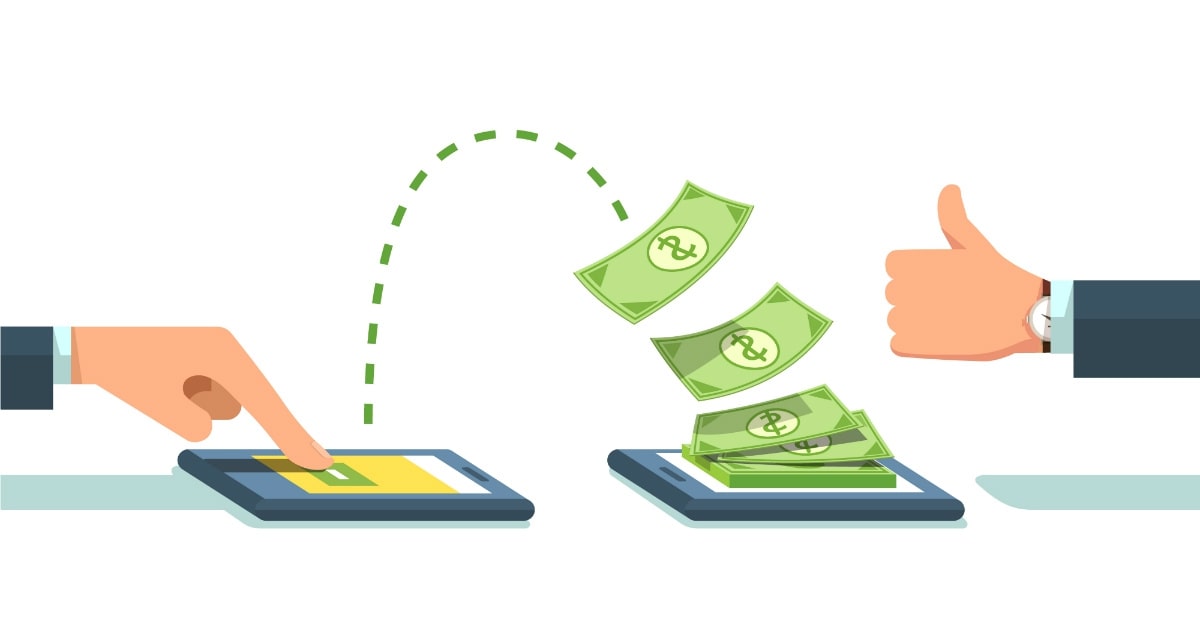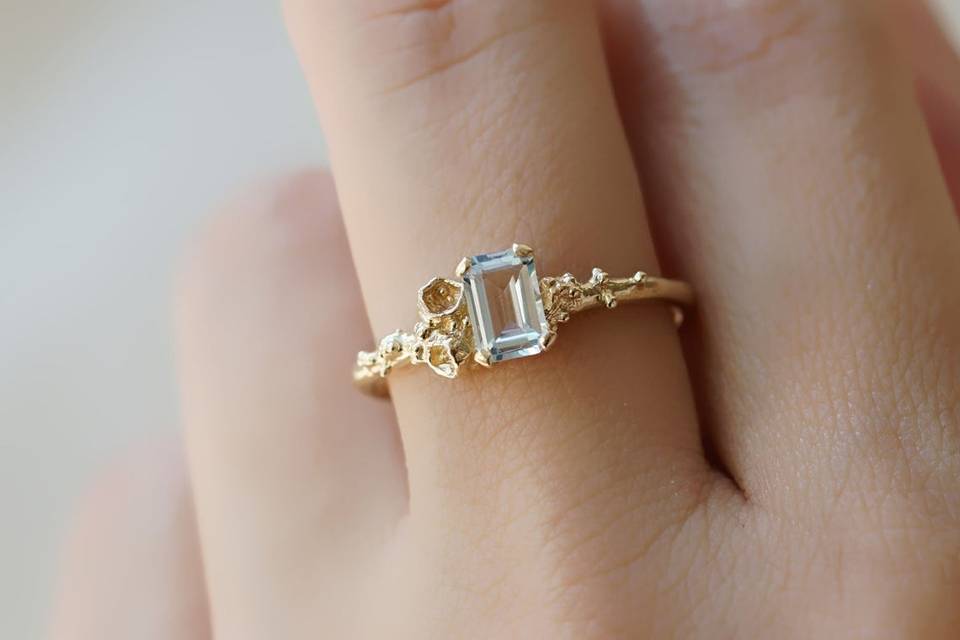If you are self-employed, you can decide the way in which the income arrives: either through a recurring payment or through a single payment. Which one is better for you? As experts in self-employment advice, we explain in detail what each one consists of and how they differ. Take note!
What is the recurring payment?
The recurring payment, also known as a subscription payment, is one that the client makes periodically and automatically in exchange for the delivery of your products or the provision of your services. In our daily life we have a large number of examples that can help us to better identify a recurring payment, such as the electricity bill or the monthly payment that we pay to enjoy a television channel. Normally the recurring payment is linked to services that are used on a regular basis and require prior and express authorization by the payer.
The customer has several options when it comes to making a recurring payment, among which the payment by card and direct debit stand out. And, as we anticipated, in any case it is necessary for the account or card holder to have given their express consent to execute the operation. In addition, it must be taken into account that the consumer can revoke the payment order and cancel his recurring payments when he considers the opportune moment.
What is the single payment?
Generally, the single payment is associated with transactions related to the sale of products. Usually, the self-employed who receive compensation through a single payment, offer their clients tangible goods at a certain time. For example, we are talking about the payment made for a beer in a bar or for a t-shirt in a clothing store. As with the recurring payment, we can find many situations on a daily basis in which we make a single payment.
When a single payment takes place, we are dealing with the acquisition of specific products or services without a commitment on the part of the client that commits him to continue using them.
Recurring payment or single payment?
As you can see, the main difference between the recurring payment and the single payment is the periodicity with which the income is produced. Recurring payments are subject to temporary terms that extend over time, while single payments are made immediately and on time.
If I am self-employed, is it better to choose a recurring payment or a single payment?
If you are a service provider, the recurring payment can be a very interesting option for you, since it allows you to have regular income. In addition, due to its automatic nature, there is less risk of non-payment. And, another great advantage of recurring payments is that the expenses associated with the management of collection operations are significantly reduced.
Single payments make more sense if you offer a finished product. In this case, you can have the advantage of having great liquidity instantly, something that can be very beneficial for paying off outstanding debts or for acquiring assets.
Lastly, before choosing a recurring payment or a single payment, you should bear in mind that with the former you will pay taxes in a more staggered manner throughout the year, while with the single payment you will have to assume them within the same quarter at the end of the year. payment.
Final Words
Recurring payment or single payment? One or the other is more convenient for you depending on your circumstances, especially the type of product or service you offer. If at this point you still have questions, ask Anta Consulting now, a team of professionals will analyze your case in a personalized way and give you the answer you need.





